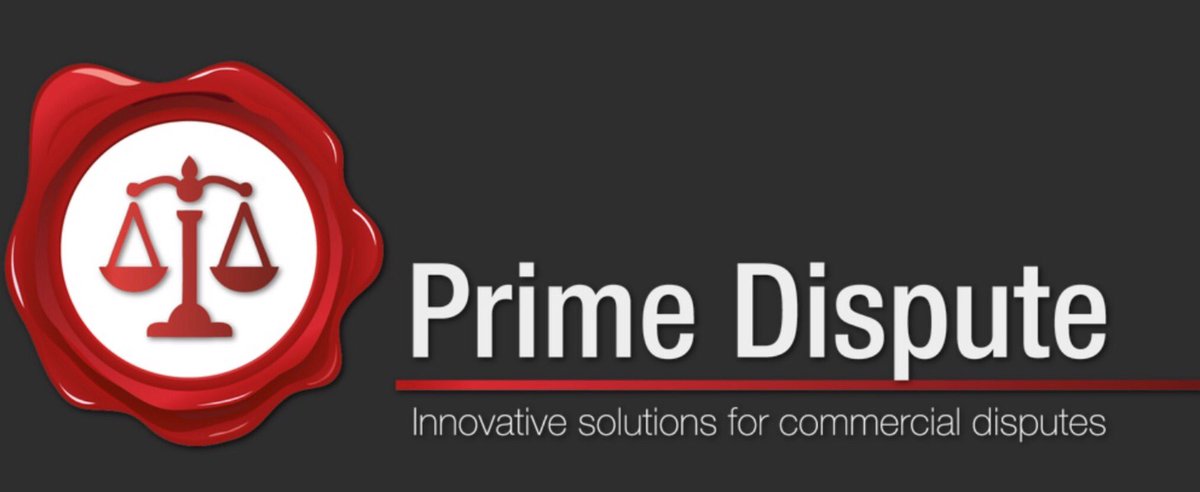1. Introduction
1.1 Professional references are recommendations from individuals who can vouch for an FPD (Fellow Prime Dispute) member to join the 'Panels', gain 'Certified Educator' status, make a professional recommendation or similar.
1.2 A professional reference can be provided by an individual who is active in your sphere of professional practice, and who has first hand knowledge of your involvement in dispute avoidance, management and resolution.
1.3 Prime Dispute will accept the following individuals to provide references:
(a) Past employers;
(b) Judiciary;
(b) Professors or Educators;
(c) Prime Dispute Members;
(d) Colleagues;
(e) Clients;
(f) Mentors;
(g) or another professional body.
1.4 The potential referee(s) should be given the ability to think about whether or not they are willing to write a recommendation on your behalf.
1.5 Fellows must always gain the professional referee(s) consent, prior to providing their details on the 'Panels', 'Certified Educator' or similar applications.
2. Providing a Professional Reference
2.1 In order to ensure the referee(s) is writing a quality professional reference, referee(s) should ensure that they are up to date on the resume and qualifications for the particular Fellow.
2.2 The referee(s) should be able to objectively evaluate both the character and professional aptitude of the Fellow.
2.3 In order to avoid ambiguity, Prime Dispute Executives will ask for a reference in writing.
2.4 The reference should be addressed to the President and include some particular background information about the referee(s) professional background. The reference should cover the following points:
(a) It should cover the relationship between the Fellow and the referee(s), as well as how long you have known each other;
(b) It may also include examples of the Fellow's character, personality and work ethic;
(c) The reference should aim to focus upon the Fellow's strongest qualities and provide specific examples to support these;
(d) It should include the referee(s) contact details as Prime Dispute may wish to get in touch for more information either by phone or email;
(e) The reference should be no more than two pages.
2.5 The referee(s) can either opt in our out of Prime Dispute sharing the reference with the Fellow.
2.6 The referee(s) can decline to provide the reference without providing reasons to Prime Dispute.
2.7 Prime Dispute will request consent from both the referee(s) and the Fellow before sharing the reference with individuals outside Prime Dispute. If consent is provided:
(a) Prime Dispute will upload the reference to the individuals 'FPD Digital Profile';
(b) Share the reference on social media platforms or similar.
2.8 Prime Dispute can refuse to accept any references without any recourse from the individual Fellow or referee(s).
2.9 Please note referee(s) may be contacted by Prime Dispute during the application process. We also reserve the right to make wider enquiries if necessary.
1.1 Professional references are recommendations from individuals who can vouch for an FPD (Fellow Prime Dispute) member to join the 'Panels', gain 'Certified Educator' status, make a professional recommendation or similar.
1.2 A professional reference can be provided by an individual who is active in your sphere of professional practice, and who has first hand knowledge of your involvement in dispute avoidance, management and resolution.
1.3 Prime Dispute will accept the following individuals to provide references:
(a) Past employers;
(b) Judiciary;
(b) Professors or Educators;
(c) Prime Dispute Members;
(d) Colleagues;
(e) Clients;
(f) Mentors;
(g) or another professional body.
1.4 The potential referee(s) should be given the ability to think about whether or not they are willing to write a recommendation on your behalf.
1.5 Fellows must always gain the professional referee(s) consent, prior to providing their details on the 'Panels', 'Certified Educator' or similar applications.
2. Providing a Professional Reference
2.1 In order to ensure the referee(s) is writing a quality professional reference, referee(s) should ensure that they are up to date on the resume and qualifications for the particular Fellow.
2.2 The referee(s) should be able to objectively evaluate both the character and professional aptitude of the Fellow.
2.3 In order to avoid ambiguity, Prime Dispute Executives will ask for a reference in writing.
2.4 The reference should be addressed to the President and include some particular background information about the referee(s) professional background. The reference should cover the following points:
(a) It should cover the relationship between the Fellow and the referee(s), as well as how long you have known each other;
(b) It may also include examples of the Fellow's character, personality and work ethic;
(c) The reference should aim to focus upon the Fellow's strongest qualities and provide specific examples to support these;
(d) It should include the referee(s) contact details as Prime Dispute may wish to get in touch for more information either by phone or email;
(e) The reference should be no more than two pages.
2.5 The referee(s) can either opt in our out of Prime Dispute sharing the reference with the Fellow.
2.6 The referee(s) can decline to provide the reference without providing reasons to Prime Dispute.
2.7 Prime Dispute will request consent from both the referee(s) and the Fellow before sharing the reference with individuals outside Prime Dispute. If consent is provided:
(a) Prime Dispute will upload the reference to the individuals 'FPD Digital Profile';
(b) Share the reference on social media platforms or similar.
2.8 Prime Dispute can refuse to accept any references without any recourse from the individual Fellow or referee(s).
2.9 Please note referee(s) may be contacted by Prime Dispute during the application process. We also reserve the right to make wider enquiries if necessary.

